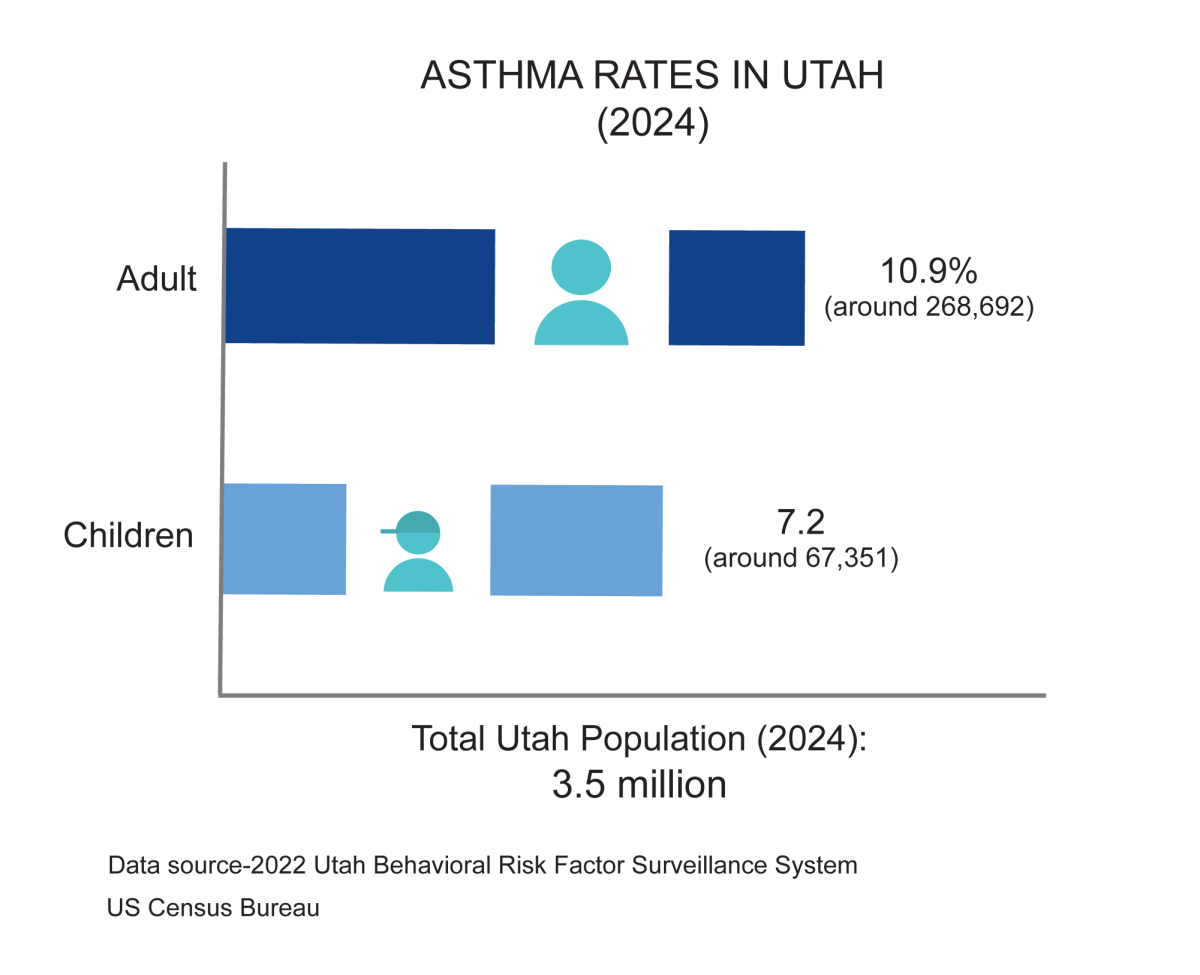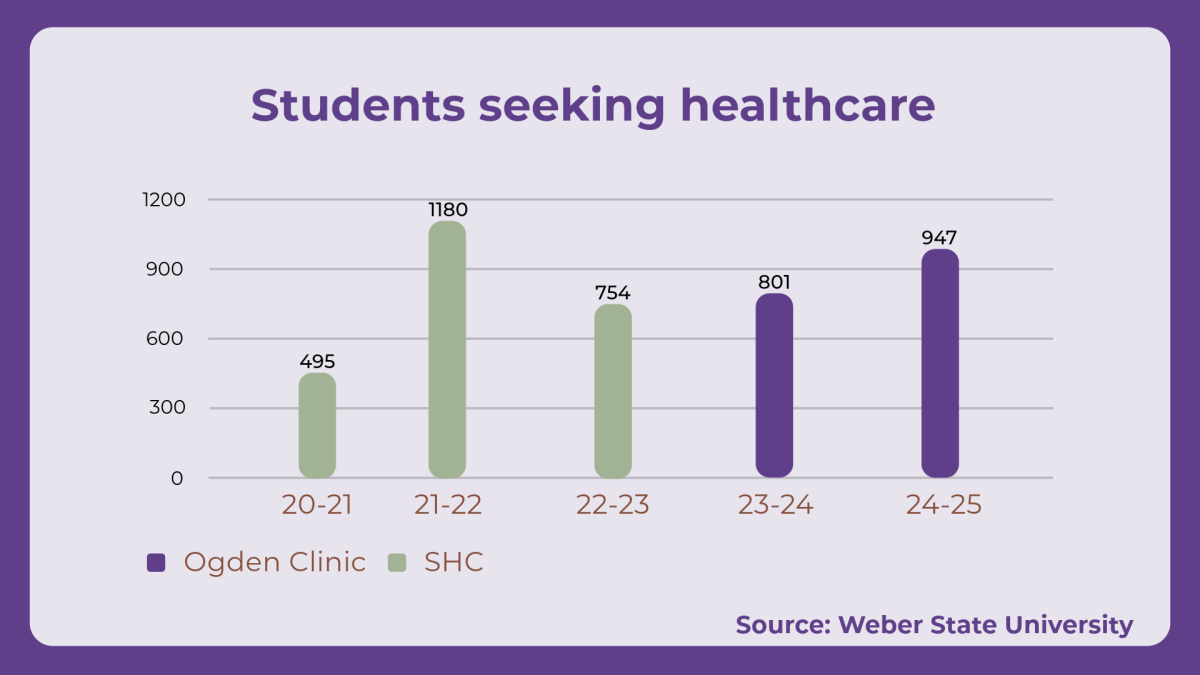Whether or not to get vaccinations has been the center of many heated debates ever since their inception. Over the past few days, this topic has made its way back into the headlines in the form of a measles outbreak concentrated in a Texas church community where receiving vaccinations was once discouraged. Now, with a little less than two dozen people sick with the virus, the church has gone full steam ahead with getting their people vaccinated.
Religion is an important part of many citizens’ lives here in the good old United States, as is freedom of choice. In the aforementioned church, their beliefs encouraged faith-based healing above other forms of health care. But measles and other illnesses don’t really care much about religion or choice. They just sort of do their own thing. Vaccinations, on the other hand, are definitely a choice. But when not getting them might jeopardize the health and safety of others, where do we draw the line in making it less of a choice and more of a requirement?
It’s not an easy answer. Just as we can’t stop people from smoking in public despite the proven side effects of secondhand smoke, we can’t force people to get vaccinations. All we can do, as the public smoking campaigns have demonstrated, is educate.
Quite a large percentage of people are all for vaccinations. Several years ago during the H1N1 scare, when Weber State University hosted a vaccination drive at the Dee Events Center, the lines were several people deep and wrapped around the building. When many of us were growing up, vaccinations were just a thing that happened every once in a while at school. No one seemed to question it. You just went and did it.
Of course, it’s not preferred to go along with something blindly. But then, that’s the point — many misconceptions and rumors about vaccines are trusted blindly by a growing number of people in the public. In a society where Google is just a touch away, we like to think that we’re more informed. But in reality, we may have been better off without the Internet. On the web, it’s easy for a rumor to get out of hand or for a greatly limited and challenged study like the one linking autism to vaccinations to reach infamous status. Because of how easy it is to access and spread information, we need to be even more careful about what we believe and pass on.
Before deciding about whether or not you, your family or your future family should get vaccines, keep an open mind and do your own research. But be careful about it. It’s easy to get influenced by blogs and publicized stories detailing personal accounts of the negatives of vaccinations. Yes, there are instances where vaccines had devastating side effects. They do happen. But when compared to the risk of getting the disease that the vaccine is meant to prevent, the numbers are often clear in the favor of vaccines.
Just look at that church. The odds are not a single person would have had a significant negative side effect to getting the measles vaccine. But in a matter of days, one person managed to infect a couple dozen.
To start on making an informed decision, we recommend checking out government-based websites first. The U.S. Centers for Disease Control and Prevention has a nice and well-informed write-up detailing the history of vaccination safety. We know some people out there don’t trust anything a government agency puts out, but it’s at least a place to start. And while we know we said not to trust everything you read, do make sure you try to read everything, even the stuff that argues for the other side.
The only way to make a good decision about your health and the health of the people you care about is to know all the options. You’re only doing yourself — and the rest of the public — a favor.













